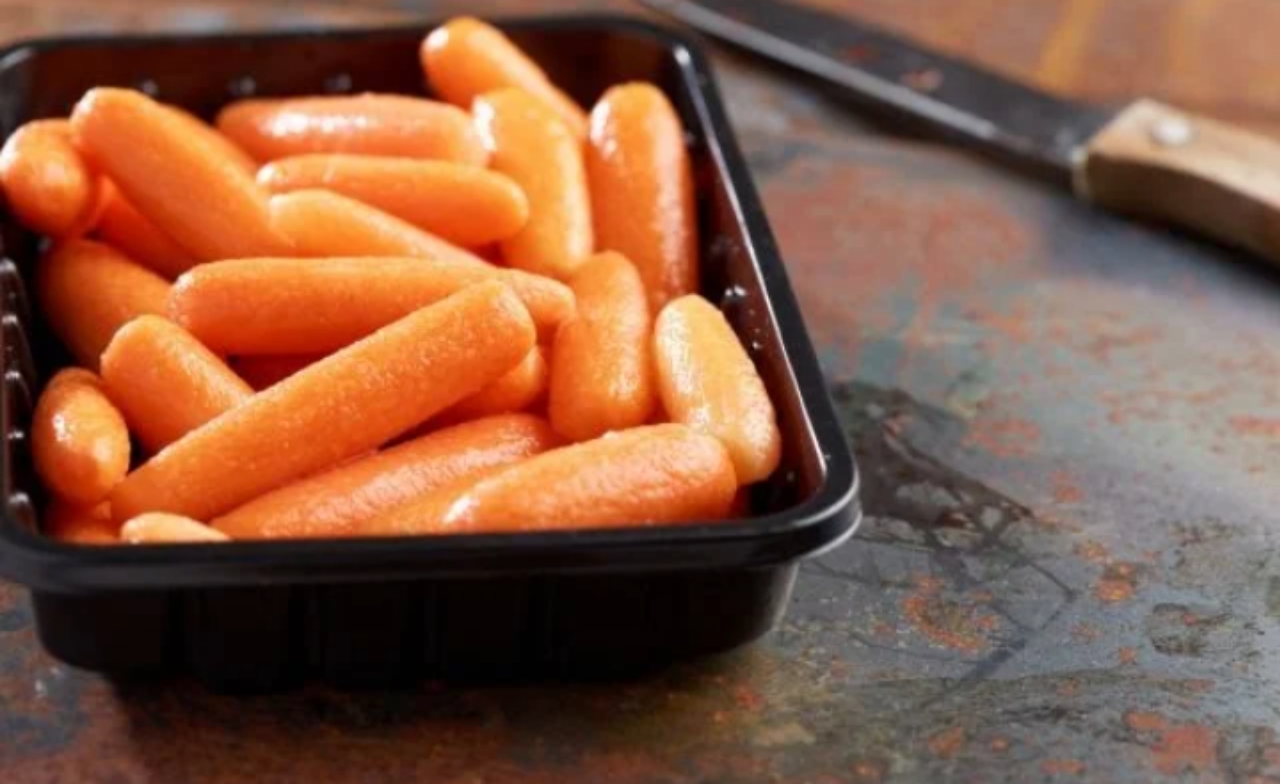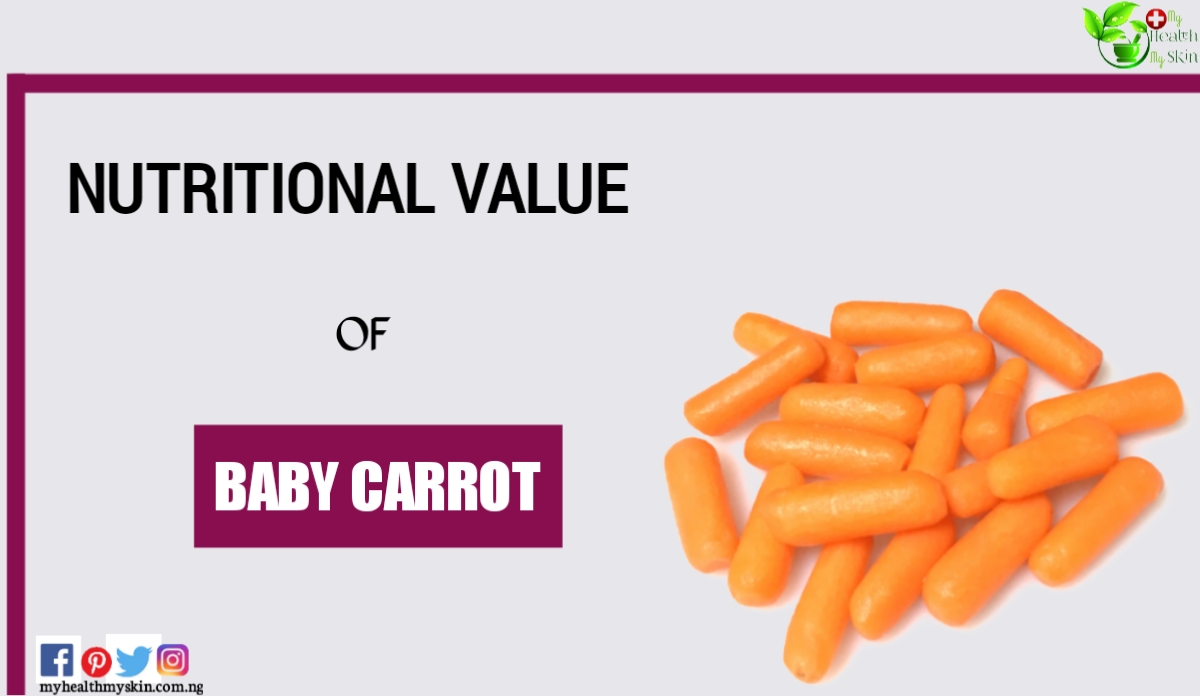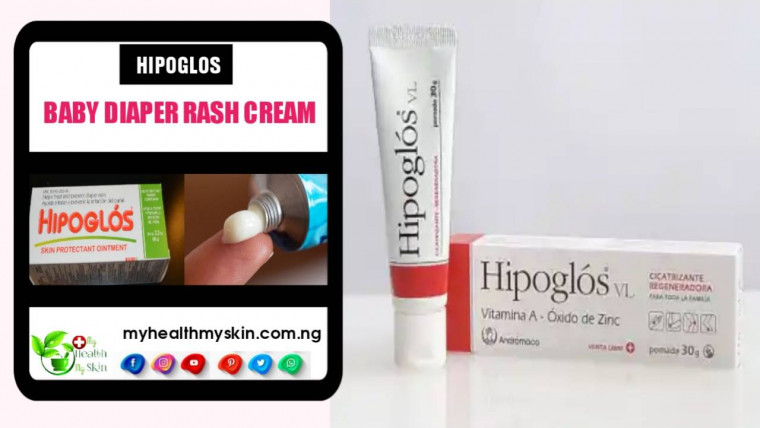“Baby Carrots”, or mini carrots, are examples that, even in smaller proportions, its nutritional values are great. Their quantity and nutrients are as important as normal varieties and their versatility varies.
Keep on reading to know more about this remarkable food and its health benefits.
Small, medium or large, carrot is extremely rich food in vitamin A, fiber, calcium and iron. It is also an essential nutrients for the proper functioning of the organism. The vegetable is very well adhered to diets for their ease of consumption and by their endless combinations. In the salad, in a natural sandwich, as a follow-up of fish, raw or cooked, it is a component that benefits health in a general way.

Carrots are excellent betacharotene sources (important in skin health and eyes), biotin (important for hair health), vitamin K (with function in blood coagulation) and potassium (important in blood pressure control In addition, it has a high soluble fiber content, an excellent fiber for intestinal functioning and helping the reduction of blood cholesterol levels.
The advantages of baby carrots do not stop there: composed of 87% water, they are harvested during evolution and in addition to bringing a tasteless taste that traditional carrot, they are very crispy. “There are actually great carrots! They are genetically modified carrot types to grow more and have strong orange color without that clearer center,”
Baby carrot nutritional value
Calorific value
5 kcal
- Carbohydrates 1.2 g
- Protein < 0.1 g
- Fat < 0.1 g
The amount: 1
- Portion whole: (15.0 g) grams
Nutritional value per serving
- Calorific value: 5 kcal, 22 kJ
- Fat < 0.1 g
- Saturated fat < 0.1 g
- Monounsaturated fats < 0.1 g
- Polyunsaturated fats < 0.1 g
- Carbohydrates 1.2 g
- sugars 0.7 g
- Protein < 0.1 g
- dietary fiber 0.4 g
- Cholesterol 0.0 mg
- Sodium < 0.1 g
- Water 13.6 g
Vitamins
per serving
- Vitamin A 0.0 mg
- Vitamin B1 < 0.1 mg
- Vitamin B11 < 0.1 mg
- Vitamin B12 0.0 mg
- Vitamin B2 < 0.1 mg
- Vitamin B3 < 0.1 mg
- Vitamin B5 < 0.1 mg
- Vitamin B6 < 0.1 mg
- Vitamin C 0.4 mg
- Vitamin D 0.0 mg
- Vitamin E 0.0 mg
- Vitamin K < 0.1 mg
Minerals
Per serving
- Calcium 4.8 mg
- Copper < 0.1 mg
- Iron 0.1 mg
- Magnesium 1.5 mg
- Manganese < 0.1 mg
- Phosphor 4.2 mg
- Potassium 35.6 mg
- Selenium < 0.1 mg
- Zinc < 0.1 mg
What is the best way to consume baby carrots?
According to research, the best way to consume carrot is by eating it raw, but it is possible to use good accompaniments to enhance the taste and nutrients of the baby carrot: “We can add lemon and olive oil to intensify the taste of carrots.”
Other ways to include Baby carrots are: cooked, as a snack, fries, caramelized, passed in butter, baked or sautéed. There are so many options that your creativity has a great influence at consumer time.
In addition, baby carrots are also used for the production of sweet dishes such as cakes and pies.







